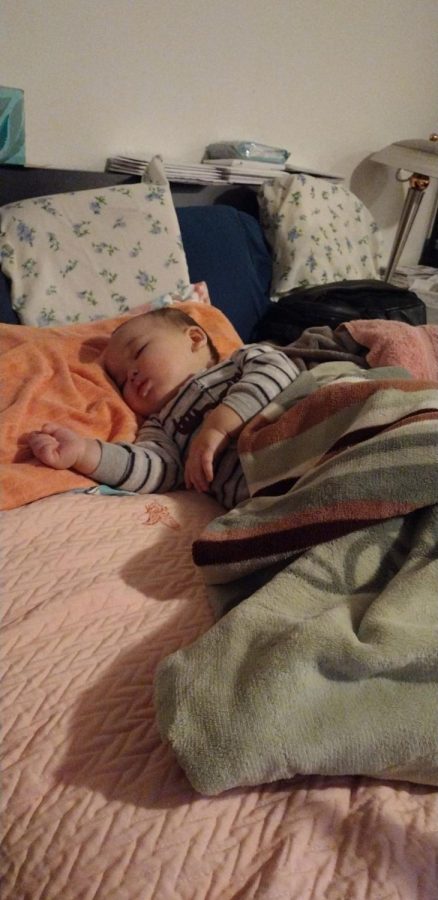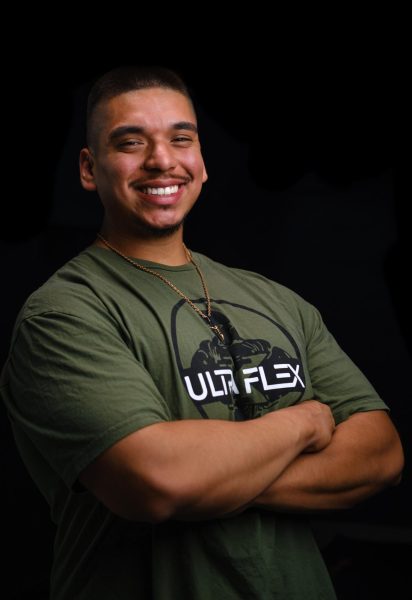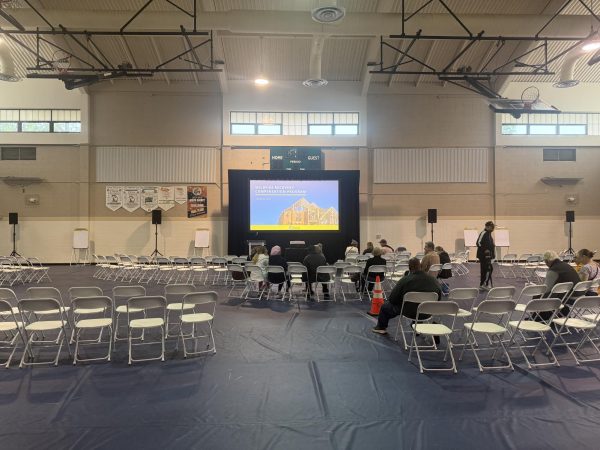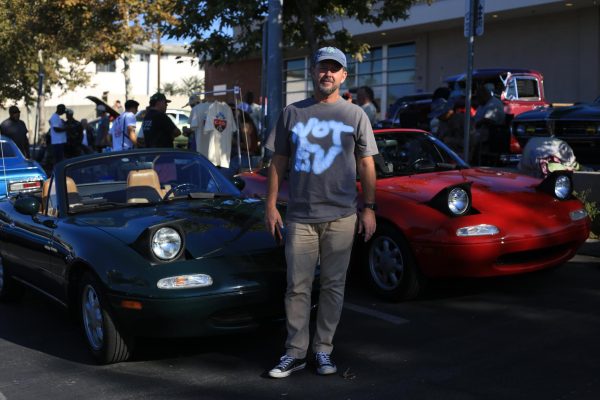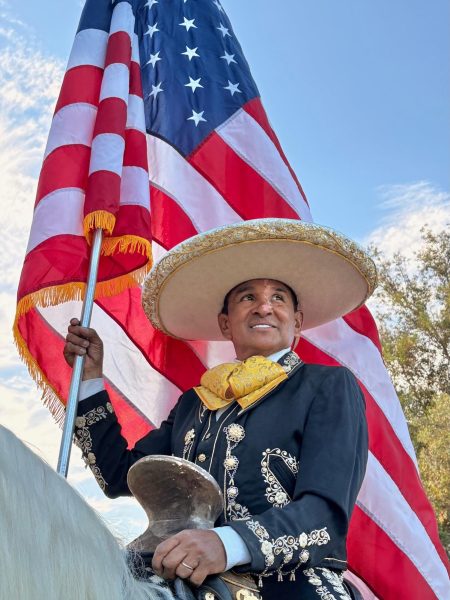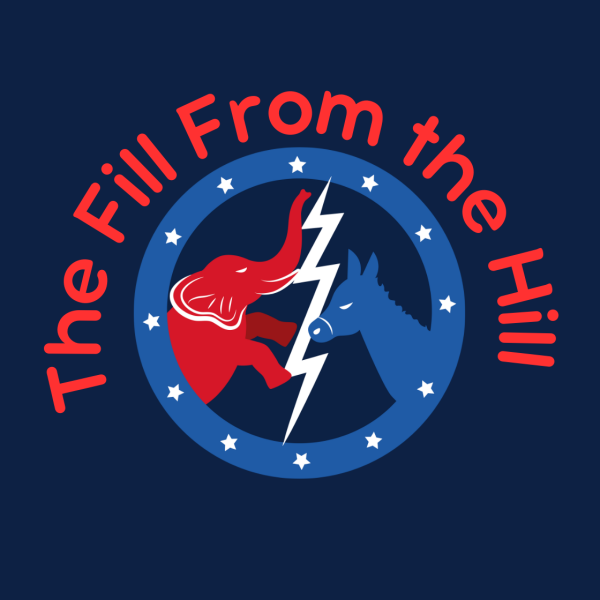Confessions of a ‘good boy’
The best gift my mother gave me — kindness — also led people to push me around
My mom has a good heart and she shows it by teaching my brothers and me how to be good people.
When I was growing up, she used to take me to volunteer at my dad’s temple and various events.
Sometimes, she tells me to give our neighbors stuff that we have too much of.
She taught me to be considerate of others and not just think about myself. She taught me to greet everyone I see and she taught me to offer help to people.
I appreciate everything my mom taught me. I appreciate her showing her heart to others and I like doing that as well. I like being nice to people and helping people that are struggling.
But in recent years, I can’t help but wonder if I’m being taken advantage of because of my kindness.
How I became a ‘good boy’
I am the youngest of four boys in an Asian American family and I have lived in Los Angeles my whole life. My two older brothers and I have a big age gap. They’re in their 30s and 40s and I am 25. We grew up in different generations and aren’t very close.
My mom always wanted to have one daughter because she believed that girls are more helpful around the house.
Instead, she got me and raised me to be a good boy and help others.
As a son, I always try to help her. I know how much she has done for the family. I think that she needs a helping hand when there is too much for her to handle at once.
She used to take me with her to work, where she drives old patients to see the doctor.
My mom would teach me to be nice to the elderly and have me take them to the clinic.
I would open the door for them and help them get out of their seats. Then, we would walk into the building and to the clinic. Sometimes, they would give me money as a tip, but I would refuse it and they’d insist. They would tell me that I am a good boy and tell me to use that money to buy food.
Eventually, I would go to work with my mom on weekends to help elderly patients. This built my foundation as a generous person who helps others.
My mom showed me how to be a good host to relatives and friends coming to our house. She taught me to be considerate of others, to be selfless, to be nice, to offer what I can, and to try not to be an inconvenience to others.
Through all of that, I learned that I give a lot in all my relationships and friendships. I am the type of person who is nice and I give to others but I do not ask for anything in return.
I do not mind helping people out because I feel like I did a good thing. In my heart, I did a good deed and it gives me a good feeling.
Bad outcomes from being too ‘good’
In recent years, I started noticing that some of the people I give the most to don’t usually reciprocate — and I don’t do anything about it.
I don’t speak up when I’m giving more than I can.
I don’t speak up when I feel that people are asking a lot from me.
I don’t speak up when I need to earn the respect of those around me.
I offer to help others, I offer my time and effort, and I do what I’m told to. But I just don’t speak up.
One example is my role as the family babysitter. I help take care of my nephews, including the 12-year-old one who lives with us, when my family members are out.
My 1-year-old nephew doesn’t live with me but gets dropped off to us a lot.
It all started when my brother asked my mom to watch the baby on Wednesdays, which ended up twice a week soon after.
At that time, I didn’t know how to take care of a baby but my mom would ask me for help from time to time.
One day, no one was home but me and my baby nephew. That day I learned how to change diapers, carry a baby, and make formula milk. From that day on, my brother would frequently ask my mom or me to watch the baby.
Sometimes my brother brings the baby over randomly. I have pretty much taken over as the baby’s caretaker and my mom relies on me a lot.
When I’m watching the baby, I can’t do other things like homework, chores, and tasks that require my full attention.
Similarly, I give a lot to my best friend, who I have known since 2012 when we were sophomores in high school. He asks me occasionally to lend him money, take him somewhere in my car, buy him something from time to time, and take something to him in my car.
I like helping him because he is a good friend and I care about him. But I worry at times that I’m being taken advantage of.
So many times, good things in my life get transformed because people start taking me for granted.
Another example is when my best friend, my cousin, and I signed up for Planet Fitness in January 2022. We all had a goal to have new bodies for Summer 2022. We learned workout routines from my cousin’s brother. We all got protein powders and we made a schedule to go to the gym. My cousin wanted us to go six days a week and my friend was only available during the night after 9 p.m., so we accommodated that and planned late-night workouts of two hours, enough time to do our chest, back, arms, and shoulder routine.
We all went to the gym in separate cars to a location closest to my cousin.
We started out driving there ourselves but slowly, as they needed rides, I helped out. Now, they almost always expect me to drive.
I used to like giving them the occasional ride because I knew it was helpful. Now, I think to myself, “How come they don’t offer to drive from time to time? Why am I the only one driving us to the gym?”
Making changes based on mom’s other lesson
My mom once told me a story about how she used to help her best friend a lot when they were younger and then when her friend was pregnant. My mom often went to great lengths to help her friend.
My grandmother would tell my mom to stop helping her friend so much.
When my mom was pregnant with me, she fell. My mom’s friend heard the news but never checked up on my mom. Later, my mom’s friend needed money and asked my mom. My mom couldn’t help, so her friend ended the friendship — making my mom realize she was not a true friend.
What I learned from that is that I don’t need to always bend over backward to help friends or be content with one-way friendships.
I should know when to draw a line and when to say “no.” It is a work in progress for me at the moment.
The first step to tackling that is understanding the problem and not being afraid to talk about it.
That is what this story is helping me do.

